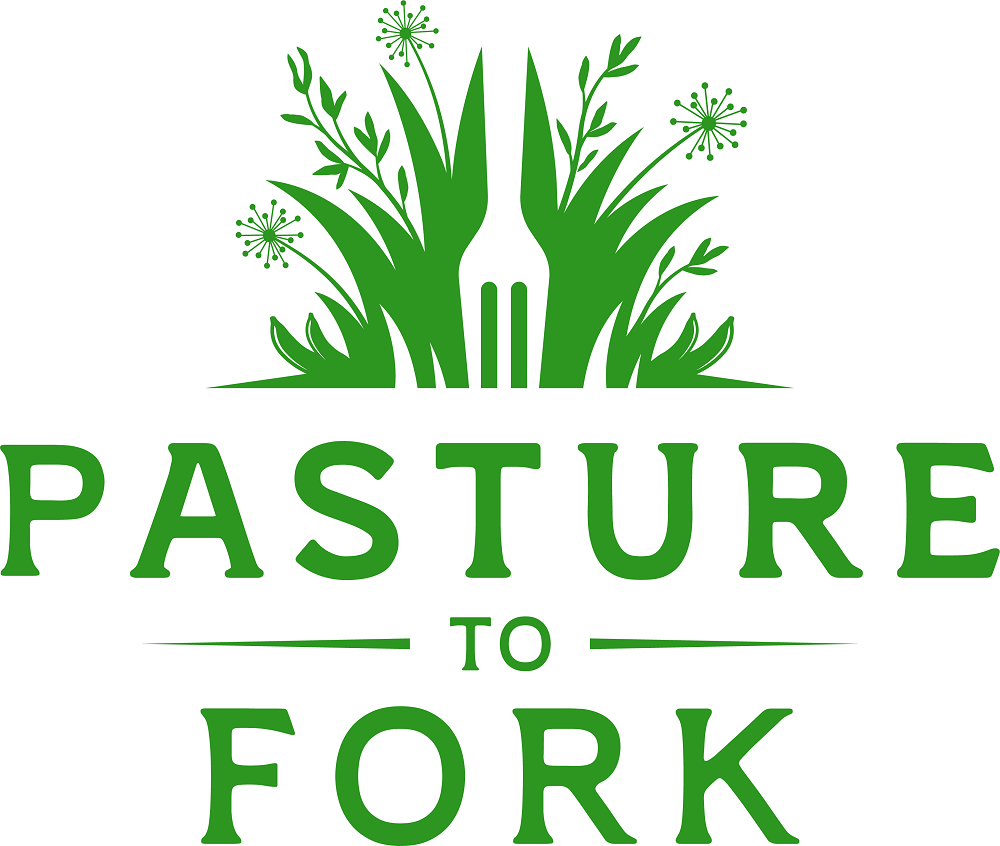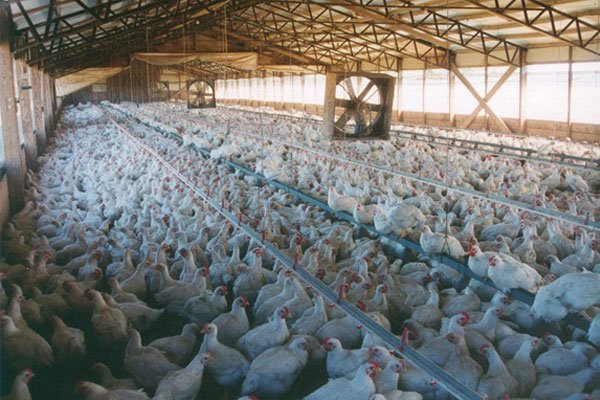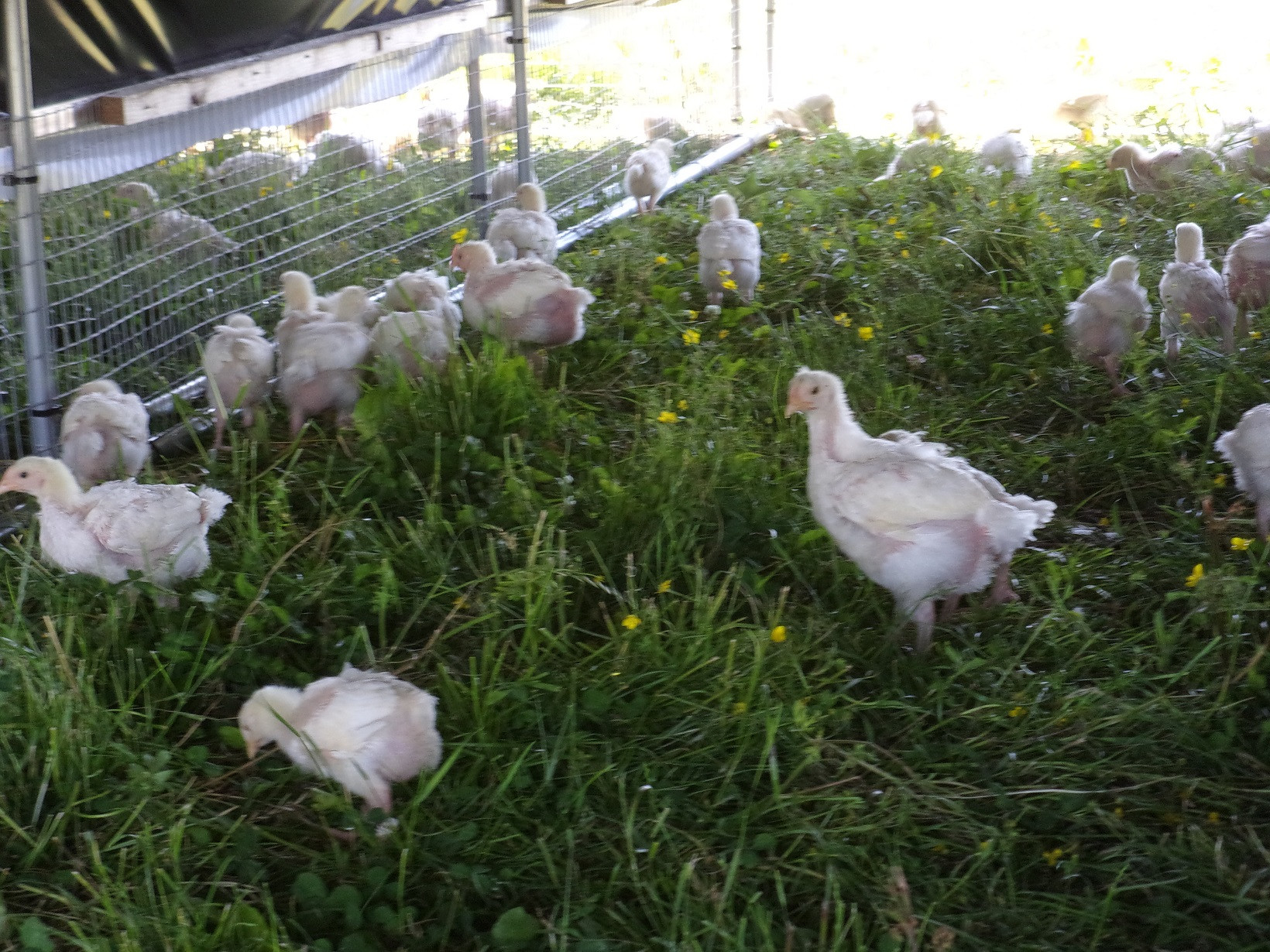With the summer grilling season almost here we're here to help you stock up and prepare with excellent pasture raised chicken.
During this limited-time sales event you can take advantage of the best prices of the year and help us prepare our freezers for this year's harvest. Quite frankly, we're giving you this chance to benefit from our 2024 chicken abundance, which is why we still have chicken in stock when many other farms are out of stock and waiting for this year's harvest to begin.
It's a win for both of us! :)
There's something for everyone in this savings event!
✓ Various bundle sizes so you can optimize savings to match your cut preferences and freezer space.
✓ Exclusive White Meat Lover's Limited-Edition Bundle – Only Available in the Sale!
✓ FREE Package of Chicken Tenders - Opening Day Only
✓ Deeper-than-usual Savings on all available Bundles.
Savings Galore!
Beware of Imitations -
As always, there are mockups, and pasture raised poultry is not exempt from corner-cutting producers who take a sought-after label (like pasture raised) and monopolize on it. When in-demand items like pasture raised chicken rise to prominence, there will be farms who take the baton and run, but without checking all the boxes.
For example, producers who aim for scale but permanently house the birds. The permanent house may be surrounded by the pasture, which technically means the chickens have access to pasture. However, what always happens in a permanent housing arrangement is the grass surrounding the building quickly dies from an overload of highly nitrogenous chicken manure, which turns the area into a dirt lot. This completely mitigates the idea of pasture raising and even creates a pathogen haven on which the birds live daily.
Or farms who have may have chickens on pasture but feed run-of-the-mill feed from the commodity market, which of course is genetically modified and heavily chemicalized, not to mention contains soy and sub-therapeutic antibiotics (growth promoters).
Or even farms who are raising the poultry correctly and responsibly, but take them to a USDA processor for slaughter and processing, only to have them sprayed with citric acid and contaminated via mechanical processing methods (prone to tearing of offal; spilling undesirable materials on the carcass).
At Pasture to Fork, although it's not the easier or more economical path, we have chosen to source feeds carefully (from a small mom & pop mill in neighboring Berks County with whom we work very closely), we're adamant about keeping flock sizes small (300 birds or less), and we do not compromise on daily moves (which ensures maximum grass/bugs intake and provides "clean linens", both of which are essential for optimal flock health absent antibiotics). And finally, we're in charge of the processing phase as well, eschewing citric acid (or any harsh chemicals), and carefully ensuring vacuum packaging for optimal flavor and lasting freshness.

Our immediate family is intimately involved every step of the way raising our pastured chicken. From brooding the chicks to moving and caring for them in the field to dressing and processing in our on-farm processing facility, and packaging for the freezer, our family does it all.
The Pasture to Fork Pastured Poultry Excellence Guarantee:
✓ Humanely Harvested in our small on-farm processing facility
✓ Always raised on chemical-free pastures
✓ Small groups to mitigate stress
✓ Daily moves to fresh pasture
✓ Artificial Hormone-Free
✓ Citric Acid-Free
✓ Antibiotic-Free
✓ Chemical-Free
✓ mRNA-Free
✓ GMO-Free
✓ Soy-free
If a picture is worth a thousand words, perhaps I can save about 972. The difference in these photos is drastic enough that they simply speak for themselves.
If you Think Supermarket Organic is Pasture Raised, Think Again -
Don't be fooled by organic chicken in the supermarket claiming to have "pasture access". It's one of the biggest misnomers out there. The birds are raised in the same confinement mass-production model as conventional chicken, albeit with organic grain, slightly more room per bird, and small doors at each end of the football-field-sized barn giving the birds "access" to a small yard outside after the 4th week of their lives. The nicely mowed lawn outside is testament to the fact that the birds never venture there, nor do the producers want them to do so for fear of disease, which in itself shows the fragility of the bird's immune systems.

Worth Repeating -
“Eating is an agricultural act," Wendell Berry famously wrote, by which he meant that we are not just passive consumers of food but cocreators of the systems that feed us. Depending on how we spend them, our food dollars can either go to support a food industry devoted to quantity and convenience and "value" or they can nourish a food chain organized around values--values like quality and health. ~ Michael Pollan


